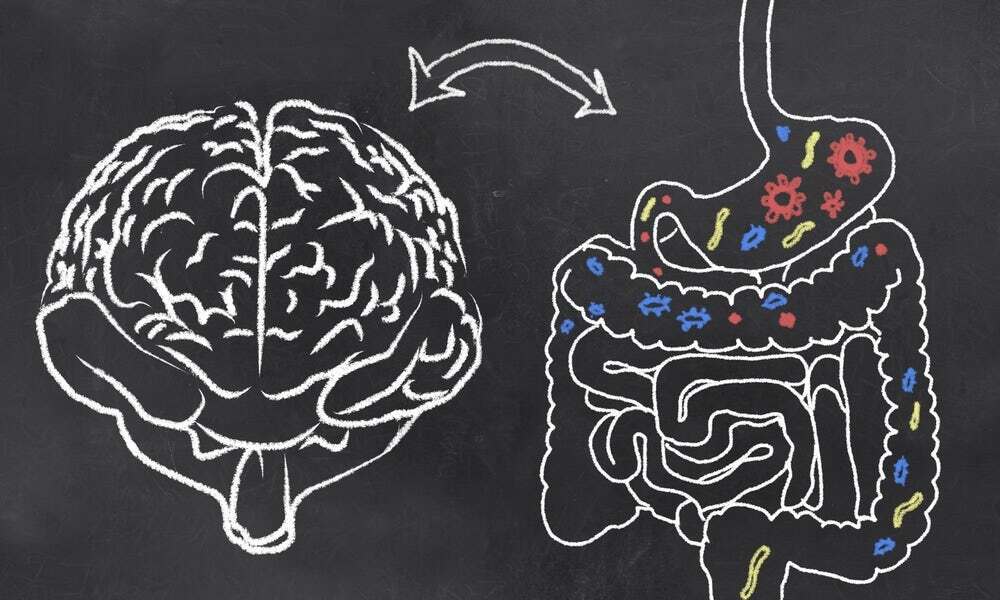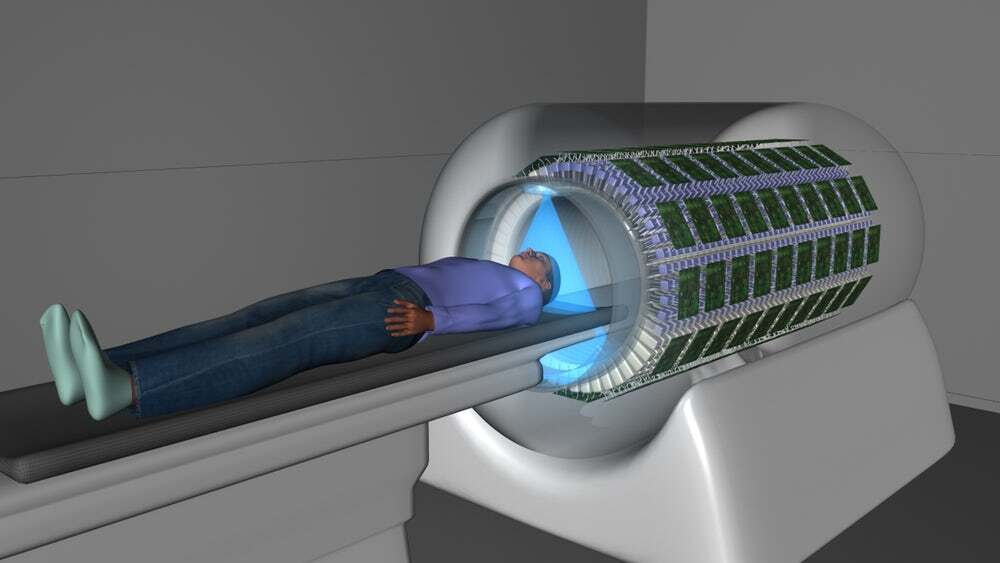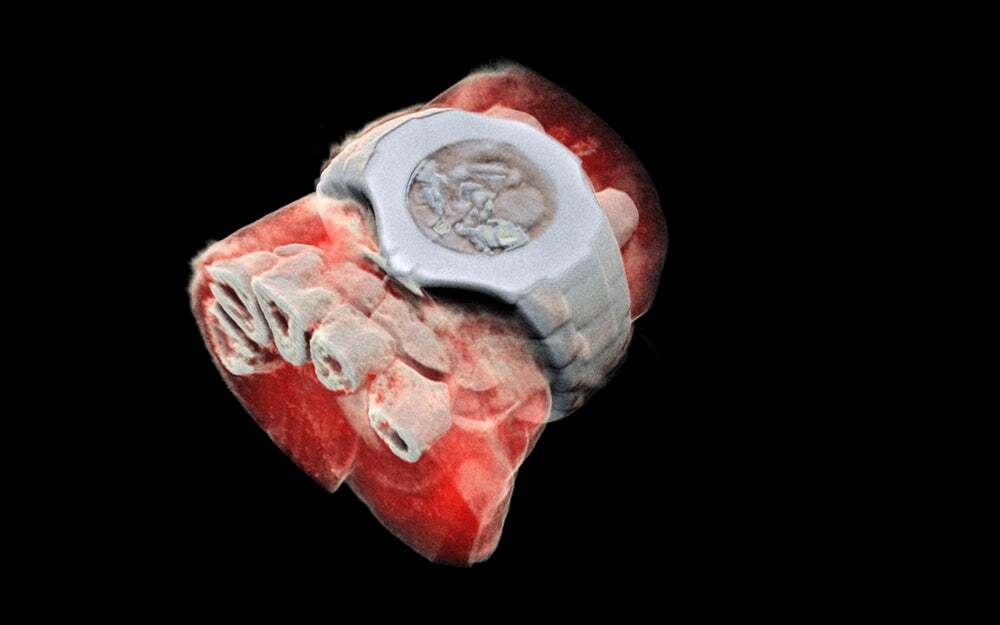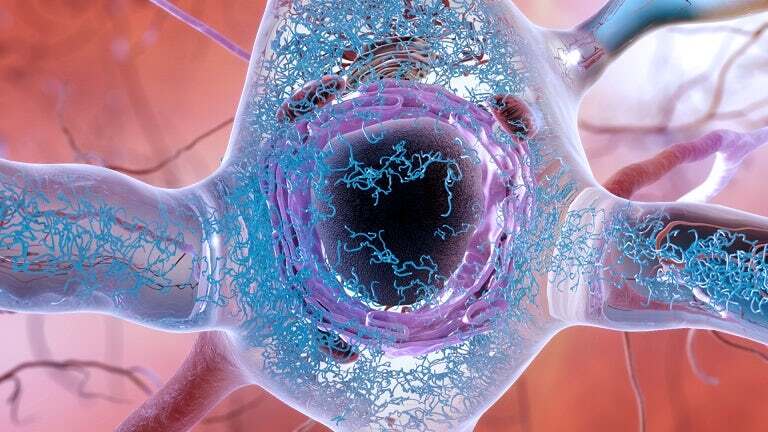It has been an exciting year for medical science, a field generally not known for giant revolutionary breakthroughs, but rather incremental discoveries that build on existing knowledge to improve our health and well being. Alongside new discoveries in gut-brain communication and the genesis of Alzheimer's disease, the FDA made massively symbolic leaps in the growing acceptance of psychedelic medicines, from psilocybin to marijuana. But looming over all of these innovative milestones, the alleged birth of the world's first gene-edited baby shook the entire scientific world. If this is proven true, it marks 2018 as the year humanity crossed a threshold that can't be uncrossed.
The world's first gene-edited baby… maybe
Perhaps the most momentous event in medical science this year was the startling, and unexpected, revelation of the birth of the world's first CRISPR gene-edited babies. After toiling mostly in secret for the past year, Chinese scientist He Jiankui sprung his controversial research on scientists at the International Summit on Human Genome Editing in November.

Much still remains unclear about He's work, from who in the international science community knew about this beforehand, to questions over whether the work itself was thorough and safe. No one is even entirely sure these babies actually exist, as the research is unpublished and still essentially unverified.
Nevertheless, this landmark moment will undoubtedly reverberate for years to come, with scientists and governments being forced to grapple with issues that until now have remained abstract and philosophical. How we respond to the case of He Jiankui will define a great deal of research in the future.

The second brain in our gut
We have known for some time that our bodies play host to massive microbial communities, but it has only been in the last couple of decades that science has truly come to understand how much of a role these organisms play in keeping our bodies running. This year one of the most remarkable discoveries came when a team from Duke University revealed a previously unknown direct circuit between the gut and the brain allowing for fast sensory communication that doesn't relay on laborious and slow hormonal signaling.
Not only did this discovery overturn many ideas around how appetite and satiety is communicated from the gut to the brain, but it revealed a fundamentally new neural circuit. The authors of the research even suggested an entirely new name for these gut cells, dubbing them neuropod cells.

Psilocybin for depression granted breakthrough therapy status
In an extraordinary step forward for the psychedelic drug research community, the US Food and Drug Administration (FDA) granted psychedelic psilocybin therapy for treatment-resistant depression a Breakthrough Therapy designation. This classification suggests the treatment has demonstrated significant potential in early clinical evidence, allowing the FDA to assist and expedite subsequent development and review processes.
The designation followed on from years of dedicated research verifying the clinical value of this formerly taboo psychedelic drug. It was a quietly extraordinary move from the US federal agency, and if all continues along the same path, within the next five years a significant psychedelic drug that has been restricted for decades, may become more available for clinicians and medical researchers to work with and administer.

Male contraceptives move into advanced human trials
Finding a simple male contraceptive compound that is safe, effective and reversible has been relatively elusive for scientists. Outside of condoms and vasectomies, birth control has remained well and truly in the hands of women, but this year two different methods rapidly accelerated through human trials. For the first time a male contraceptive drug seems like a serious, realistic proposition.
The most advanced treatment is a male contraceptive gel, applied to a man's shoulders and arms once a day. The gel is currently undergoing phase 2b trials, with hundreds of couples worldwide testing whether it actually prevents pregnancies. The other treatment on the horizon is a classic birth control pill, effectively passing phase 1 safety trials this year, paving the way for further human trials.

New ways to look inside the human body
Two impressive medical imaging advances were revealed this year presenting doctors with detailed new perspectives into patient's bodies. The world's first full-body medical scanner produced its first images. Called EXPLORER, the full-body scanner combines positron emission tomography (PET) and X-ray computed tomography (CT). As well as offering faster scans, producing a whole-body image in as little as 20 to 30 seconds, the device is effectively up to 40 times more sensitive than current commercial scanning systems.

A company from New Zealand this year also revealed a bioimaging scanner that can produce full-color, three-dimensional images of bones, lipids, and soft tissue, thanks to a sensor chip developed at CERN for use in the Large Hadron Collider. The technology can generate a 3D color image clearly showing muscle, bone, water, fat, disease markers – and even a watch. The end results are unnerving, like someone's sculpted a detailed clay model of your insides.

The "Big Bang" of Alzheimer's
Impressive research led by scientists at UT Southwestern revealed the earliest point in a neurodegenerative process that is thought to lead to dementia. The researchers described the discovery as like finding the "Big Bang" of Alzheimer's disease.
The advance is a major milestone in Alzheimer's research, paving the way for diagnostic tests designed to detect Alzheimer's before major degenerative cognitive symptoms take hold, and pointing towards new research pathways for developing drug treatments that can disrupt the progression of the disease at its very earliest stages.
The first marijuana-derived medicine ever approved by FDA
In June, the US Food and Drug Administration (FDA) approved a new drug consisting of cannabidiol (CBD), for the treatment of two rare forms of severe childhood-onset epilepsies. CBD is a cannabinoid derived from marijuana and the FDA's approval of this new medicine forced the US Drug Enforcement Administration (DEA) to grapple with a rescheduling of the marijuana compound currently still restricted as an illegal drug.
While the FDA approval ultimately didn't result in a broad federal rescheduling of marijuana, it did act as part of a much larger wave of acceptance that swept through North America in 2018, resulting in several US states instituting recreational marijuana laws alongside Canada legalizing the drug across the the entire country.

World's largest sleep study revealed optimal sleep duration
The first results from the world's largest sleep study were published in October, concluding between seven and eight hours of sleep is the ideal range for optimal cognitive performance. The study convincingly revealed that too much sleep correlated with similar cognitive deficits associated with too little sleep.
"We found that the optimum amount of sleep to keep your brain performing its best is seven to eight hours every night and that corresponds to what the doctors will tell you [you] need to keep your body in tip-top shape, as well," said Conor Wild, lead author on the study. "We also found that people that slept more than that amount were equally impaired as those who slept too little."












